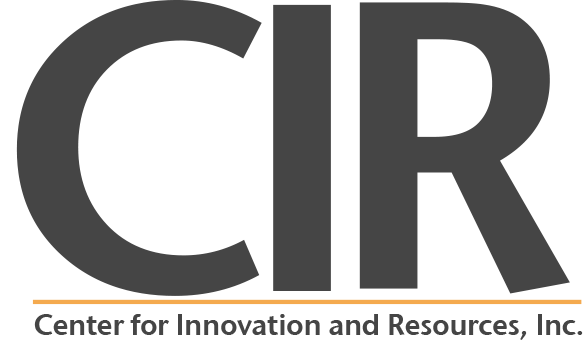Treatment Considerations for Transgender Clients: Working with High-Risk Populations in Justice Systems
This is a FREE training event.
Start: 9:00 am
End: 4:00 pm
Locations:
Sacramento, CA: June 11, 2018
Fresno, CA: June 18, 2018
If no event address is listed, it will be provided in the confirmation materials
Course Overview: This course will provide treatment considerations when working with high risk populations both on parole and in correctional facilities. It will amplify the unique challenges correctional settings place on transgender individuals seeking clinical support. Participants will be given examples of group curriculum that is designed to provide transgender inmates with a therapeutic place to explore gender identity concerns and achieve long-term comfort in gender identity expression, while maximizing overall well- being. The training will begin with a review of gender identity in a culture that lacks acceptance. It will then provide an introduction to prison culture. Discussion will focus on treatment considerations when working with transgender inmates who are victimized, specifically trans- women inmates housed in a male institution.
Presenter: Sonia A. Bahro, Ph.D. is the Chief Psychologist at Richard J. Donovan Correctional Facility (RJDCF), an institution within the California Department of Corrections and Rehabilitation (CDCR). Previously, Dr. Bahro was the Senior Psychologist and Supervisor for the Enhanced Outpatient Treatment Center at RJDCF, which houses level IV inmate-patients with sensitive needs (i.e., history of sexual offenses, inmate-patients who identify as transgender, those who have dropped out of gangs, etc.). She has worked at RJDCF for over 10 years, and prior to that she worked with incarcerated youth for the Juvenile Forensics Department for the County of San Diego. Dr. Bahro has a Ph.D. in Clinical Psychology with an emphasis in forensics. She is passionate about working with marginalized communities to ensure equality, especially inmate patients who are transgender.
The goals of the training are to:
- Gain understanding about transgender women incarcerated in a male institution.
- Utilize evidenced based treatment modalities to assist this population.
- Increase knowledge on treatment considerations when treating transgender inmates.
Agenda:
9:00- 9:30 A.M. Brief introduction into the topic of transgender inmate patients
9:30- 11:00 A.M. Prison overview
11:00- 11:10 A.M. Break
11:10 A.M.- 12:30 P.M. Definitions and introduction to gender
12:30 P.M.- 1:30 P.M. Lunch
1:30- 2:30 P.M. Corrections and transgender population
2:30- 2:40 P.M. Break
2:40- 3:30 P.M. Treatments offered to transgender individuals in a correctional setting
3:30- 4:00 P.M. Wrap-up, Q&A
This training is FREE OF CHARGE. Participants are responsible for travel, lodging and all meal expenses. Lunch is NOT provided.
The UP Project is pleased to offer travel scholarships in the form of reimbursement to victim service agencies that attend our in-person training events. Travel scholarships will be prioritized to agencies from rural counties.
Applications can be found here.
Continuing Education: If you are interested in Continuing Education please apply and pay for credit at the training. Cash, card, and check payments.
- Course meets qualifications for 6 hours of continuing education credit for LMFTs and LCSWs as required by the California Board of Behavioral Sciences, $45, Provider #128510. The Center for Innovation and Resource, Inc. (CIR) is approved by the California Association of Marriage and Family Therapists to sponsor continuing education for LMFTs and LCSWs. CIR maintains responsibility for this program/course and its content.
All attendees will receive a Certificate of Attendance. Participants may apply for continuing education credits (CEUs) at the event. Certificates for CEUs will be mailed to participants within two weeks following the event.
For more information, questions, or grievances, please contact Emma Nichols at emma.nichols@cirinc.org or 707-992-0537.
Individuals with disabilities who require accommodations to participate in this training should also contact Emma Nichols.
